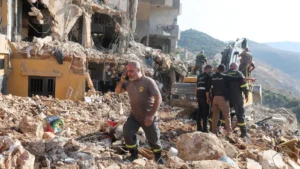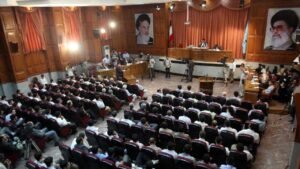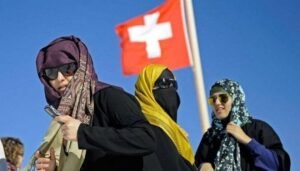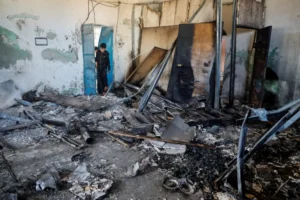UNHCR relocates Congolese refugees from border sites
ANGOLA- Relocation of Congolese Refugees from border sites by the UNHCR in collaboration with the UN Refugee Agency and partners have begun. According to UNHCR, over 33,000 Congolese refugees from over-crowded reception centers in northern Angola are being moved to a newly established settlement in Lóvua – some 100 km further inland from the border with the Democratic Republic of the Congo.
It should be noted that nearly 1,500 refugees have been relocated from the Mussunge reception centre to the new site since Tuesday (August 8) in arranged transport. And that, since April this year, Congolese refugees have been receiving humanitarian assistance at Cacanda and Mussunge temporary reception centres as well as in surrounding communities around Dundo – the capital of Lunda Norte Province.
UNHCR reveals, in a press statement, that the Angolan Government has allocated about 33 km2 of land to set up Lóvua settlement to improve the living conditions of refugees. Adding that, all refugees will receive a plot of land to build shelters and grow food to supplement their food rations. As planned, the new settlement’s distance from the border will help in maintaining the humanitarian and civilian character of the site.
The current struggle has been since March when thousands of Congolese have fled the violence and ethnic tensions in the Kasai region of the DRC to northern Angola. While the security situation in the Kasai region remains volatile, UNHCR reports that the Angolan authorities and UNHCR with partners are ready to provide protection and assistance for up to 50,000 Congolese refugees by the end of 2017 at Lóvua.
UNHCR with other humanitarian agencies launched an appeal in June for US$65.5 million for Angola to provide life-saving protection and assistance to Congolese refugees from Kasai. So far, as reported, “only 32 per cent of the required funds have been received.” Therefore, “additional funding is urgently needed to continue developing infrastructure and services for refugees in Lóvua settlement.”





